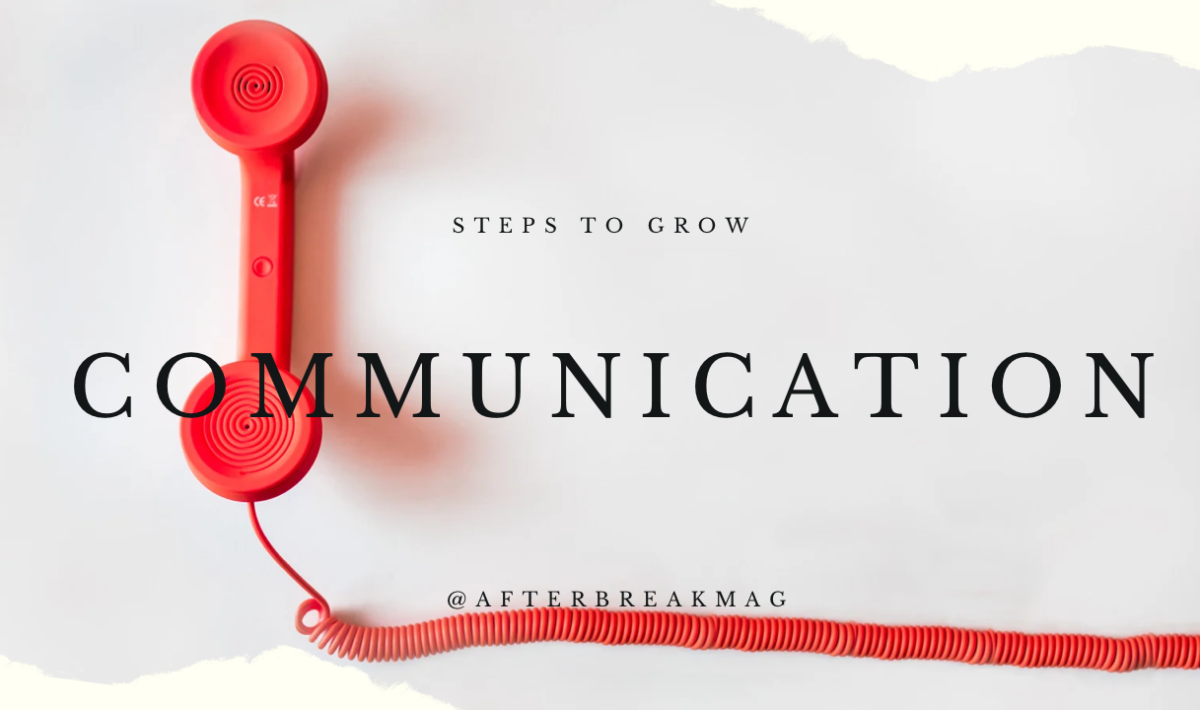Let’s talk communication! So what is communication? In simple terms, communication is the transmission of information from one person to the next. Information can be transferred via different modes of ‘transport’ namely; verbally, non-verbally or technologically.
Communication forms the basis of our communities. The way we communicate with each other is what brings about development of countries, companies and the formation of relationships. With all this said, it is clear that effective communication is quite important in our growth journey. So let us look at how we can become better communicators.
Assertive communication helps people clearly express their thoughts, values and advocate calmly, positively and respectfully. In order to become a more assertive communicator remember the following skills.

1. Open and honest communication
Honesty is always the best policy. Honesty brings a form of trust from the people you are in communication with resulting in stronger relationship bonds.
2. Clarity
Define your main goal that you are trying to express. Keep it concise and make sure to put your main points in simple words.
3. Control your emotions
Think before you react! Don’t let your emotions control you. If you find it hard to then always try to find the positives in every situation.

4. Realise mistakes made and apologize
Its human nature to make mistakes however it’s important that we take responsibility to acknowledge and correct these mistakes. Offer an explanation with an apology and then offer a solution to the problem.
5. Compromise
See things from the other person point of view while you present your facts. If possible present more than one comprise where both parties will benefit.
6. Assertive non-verbal
This is all about how you present yourself. Always maintain a good and open posture while maintaining eye contact. Smile but not too much and use open and rounded body gestures.

7. Listening skills & Emotional Intelligence
Focus on what the other person or people are saying. Respect others by not interrupting and make sure to let the other person finish their sentence. Display genuine interest in the others values, beliefs and likes.
All the above mentioned skills can be used in all types of relationship contexts, whether it be professionally or personally. Apply these whenever you are sending a quick email or giving a speech. Remember to apply these at home whether it is with your parents or with friends. Let’s grow together this season to catch up on our series from the very beginning read here!



